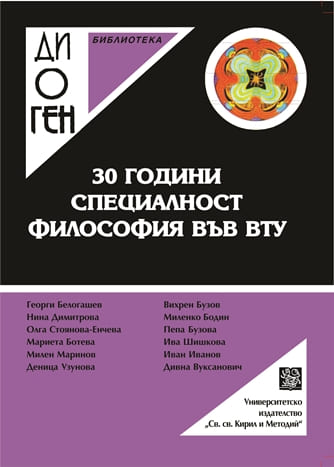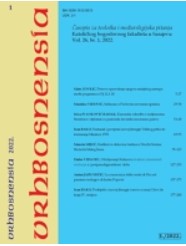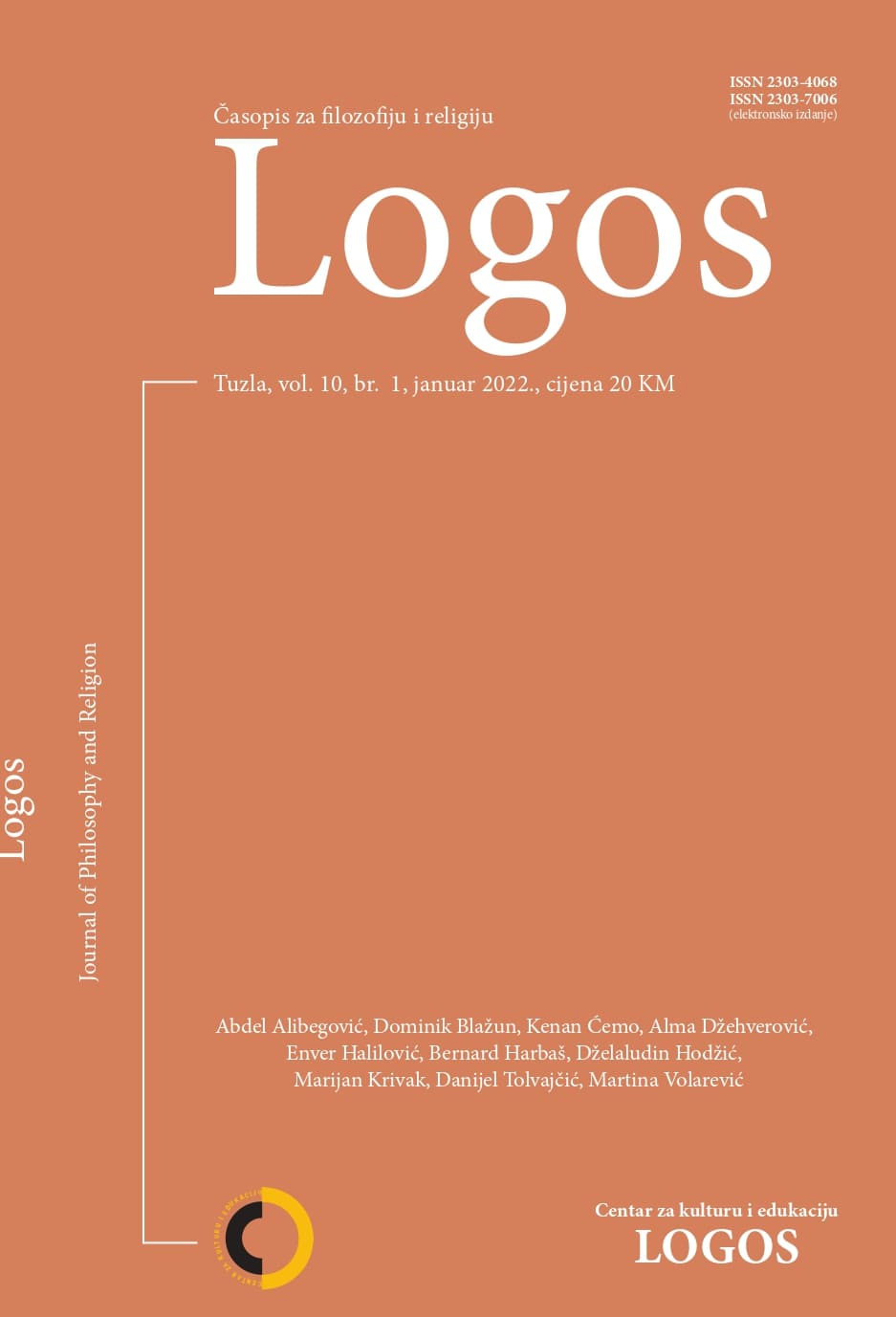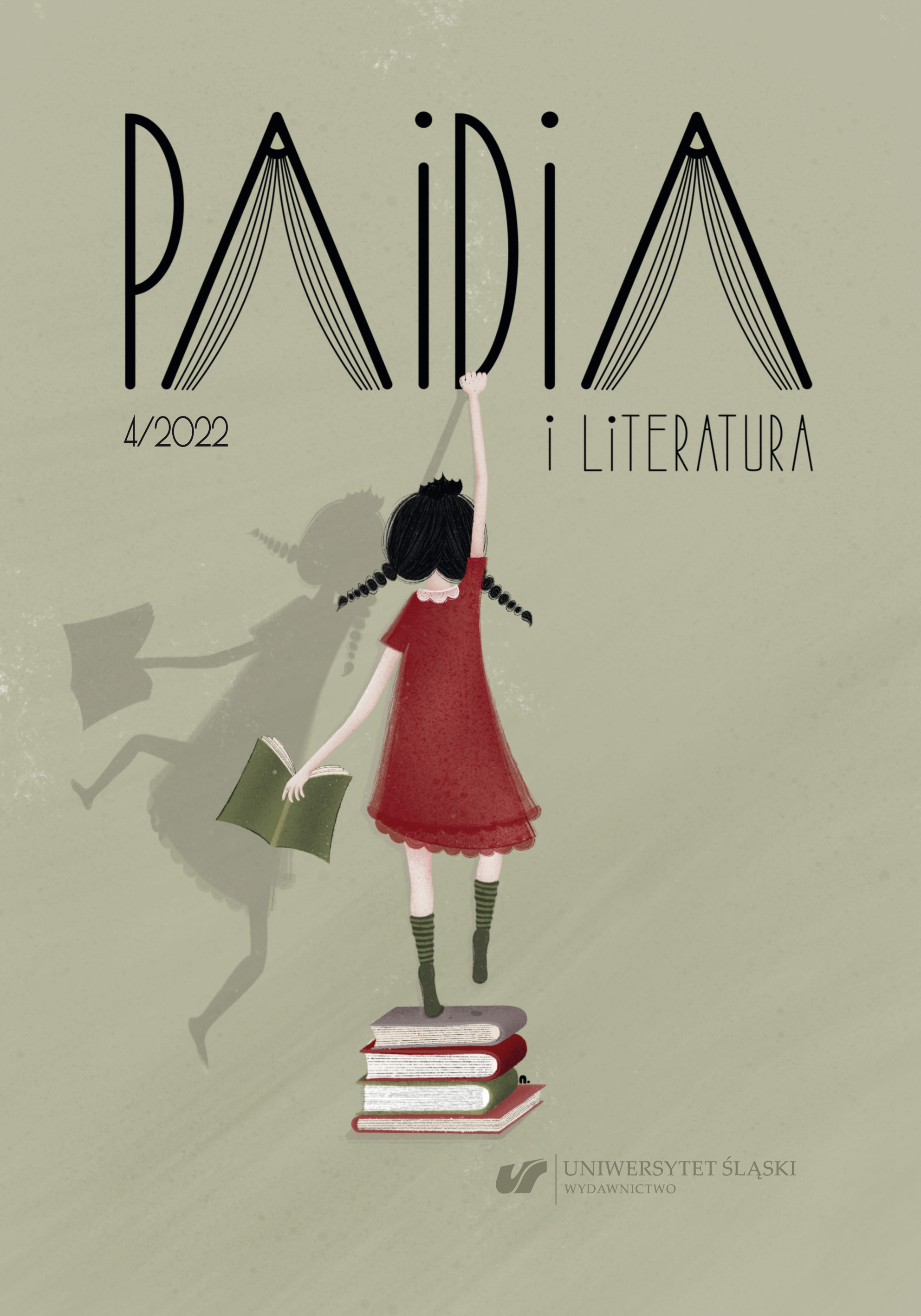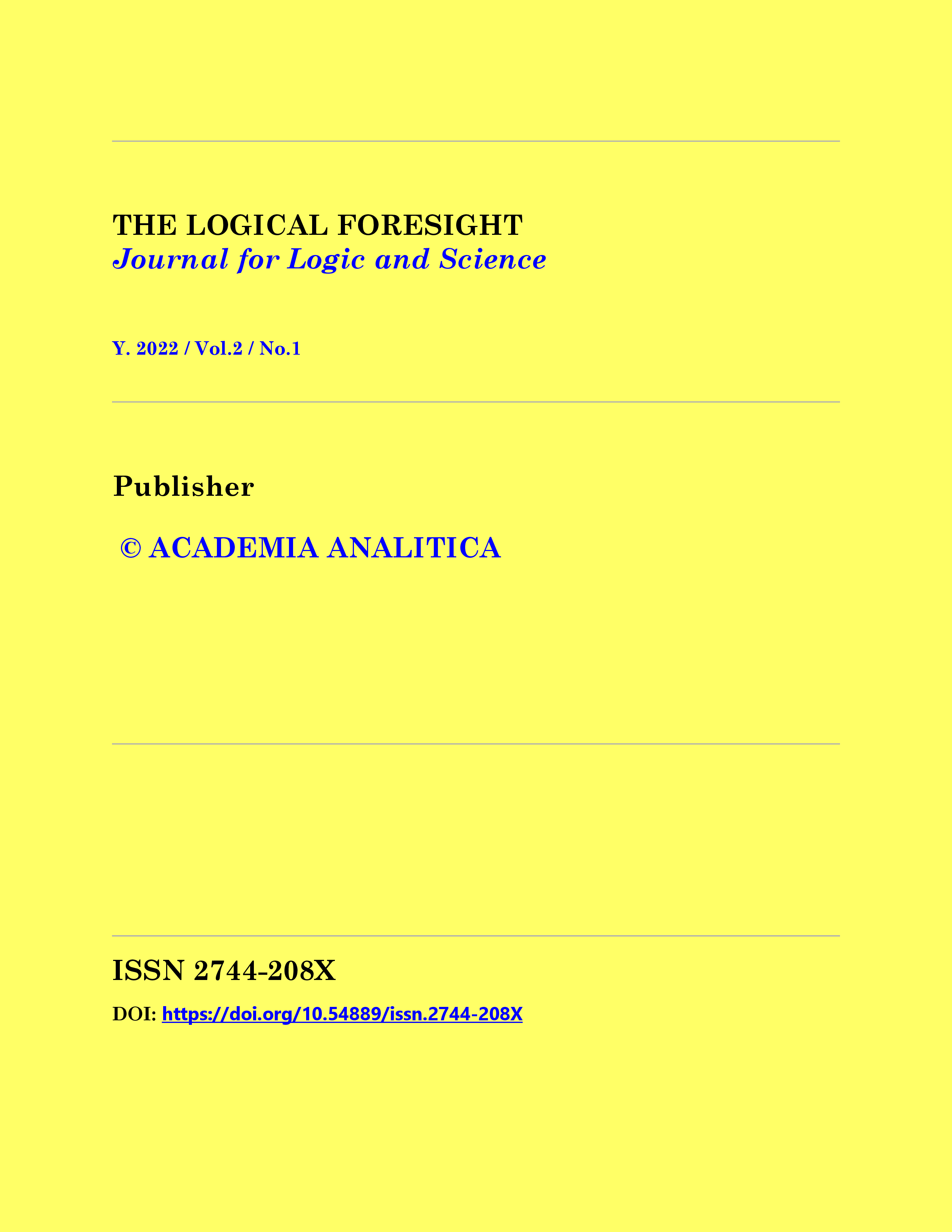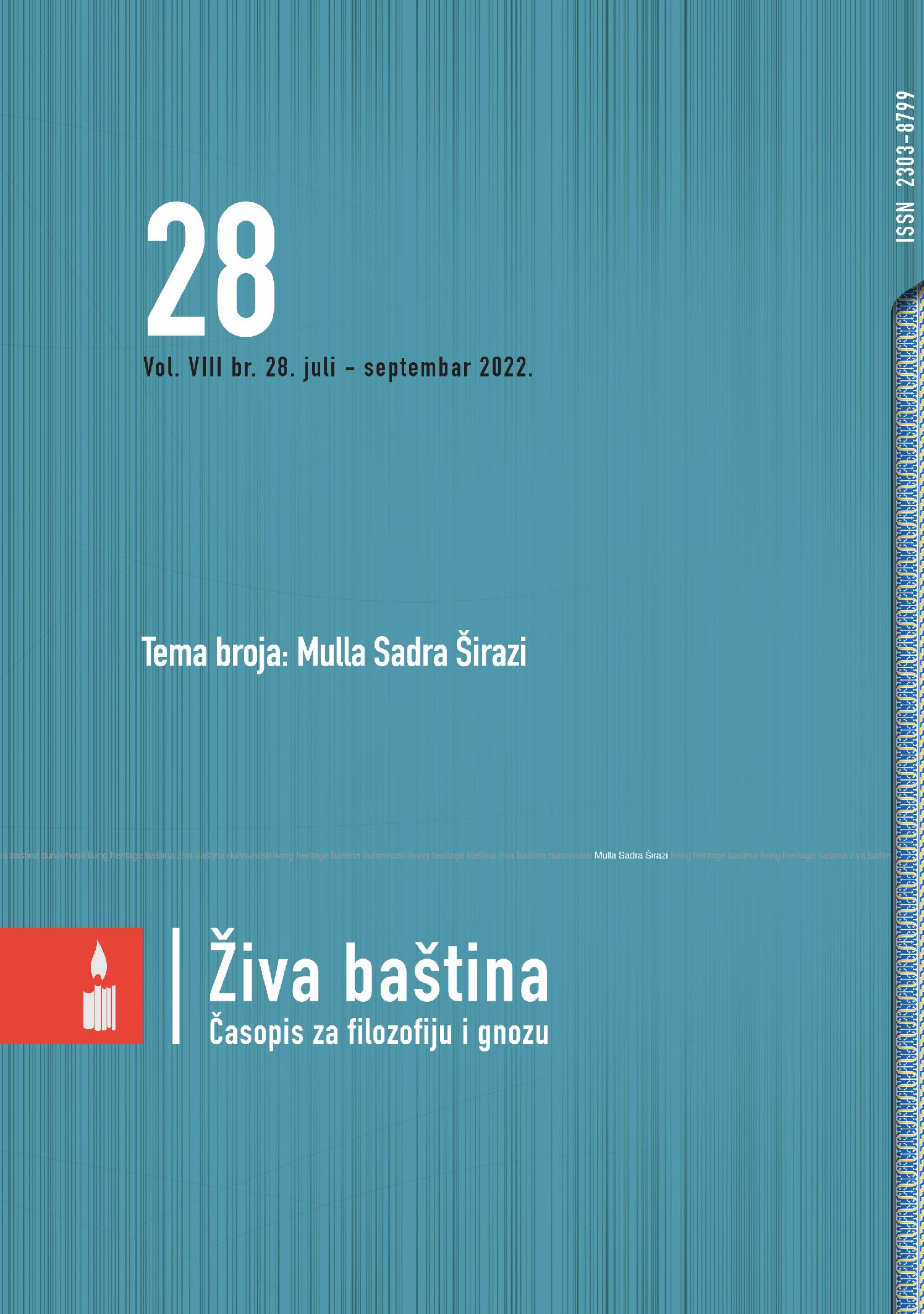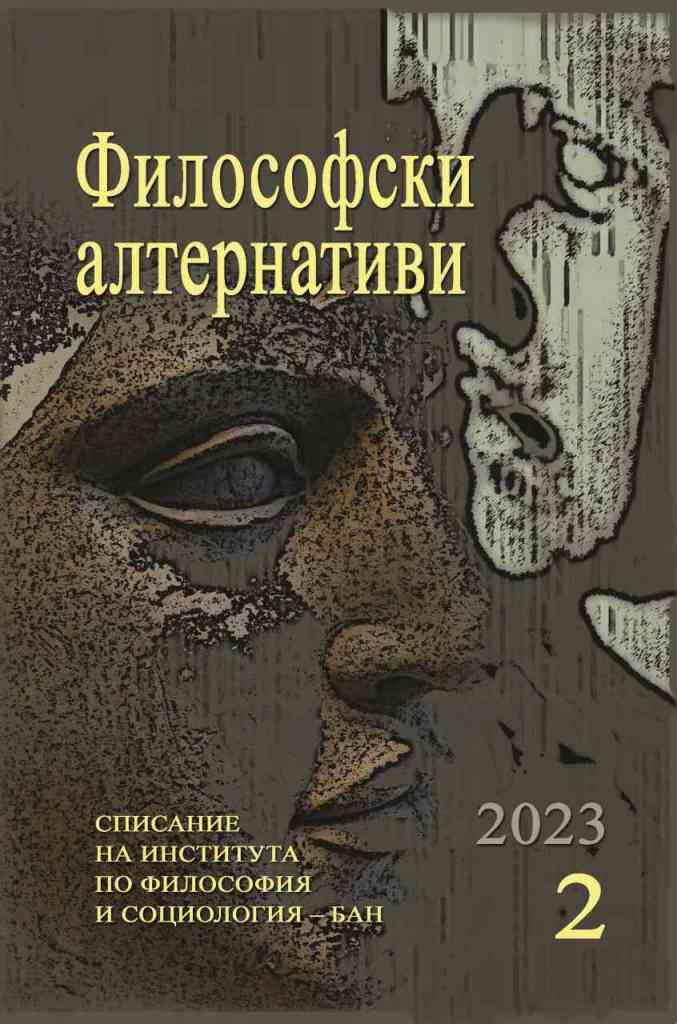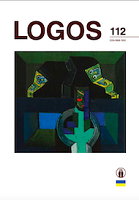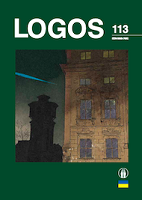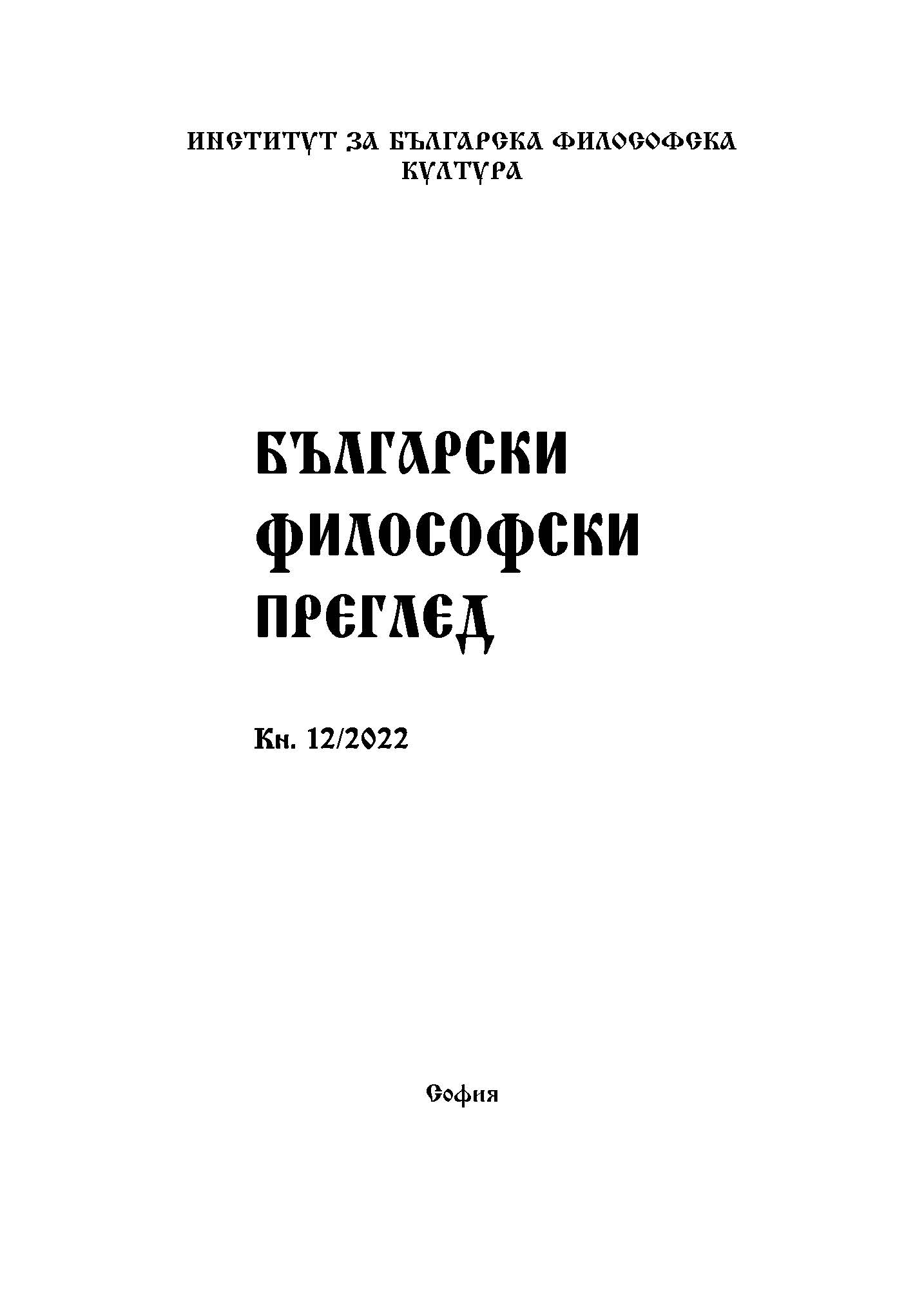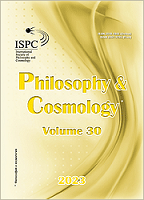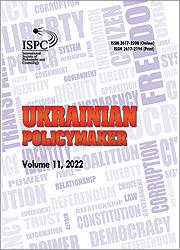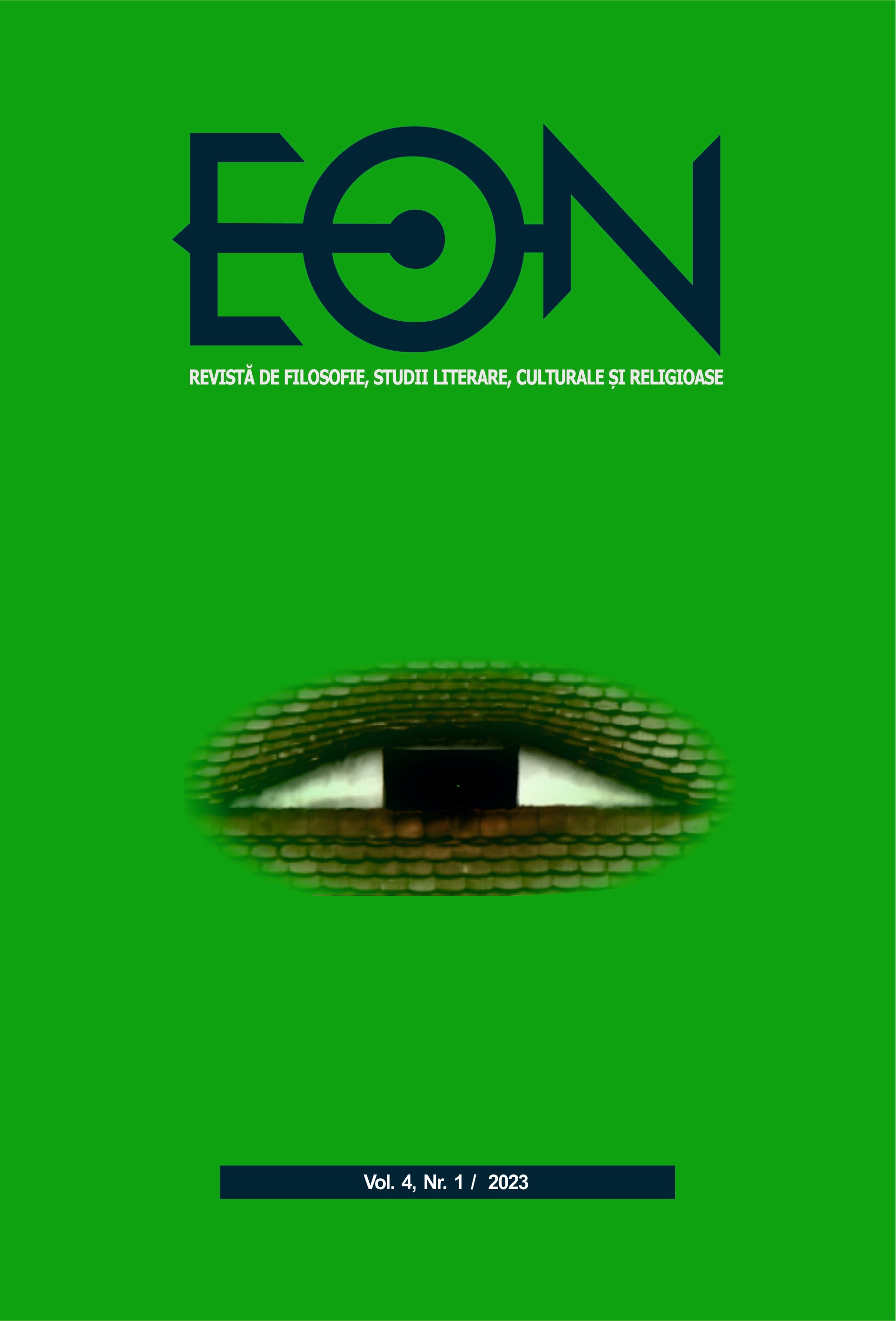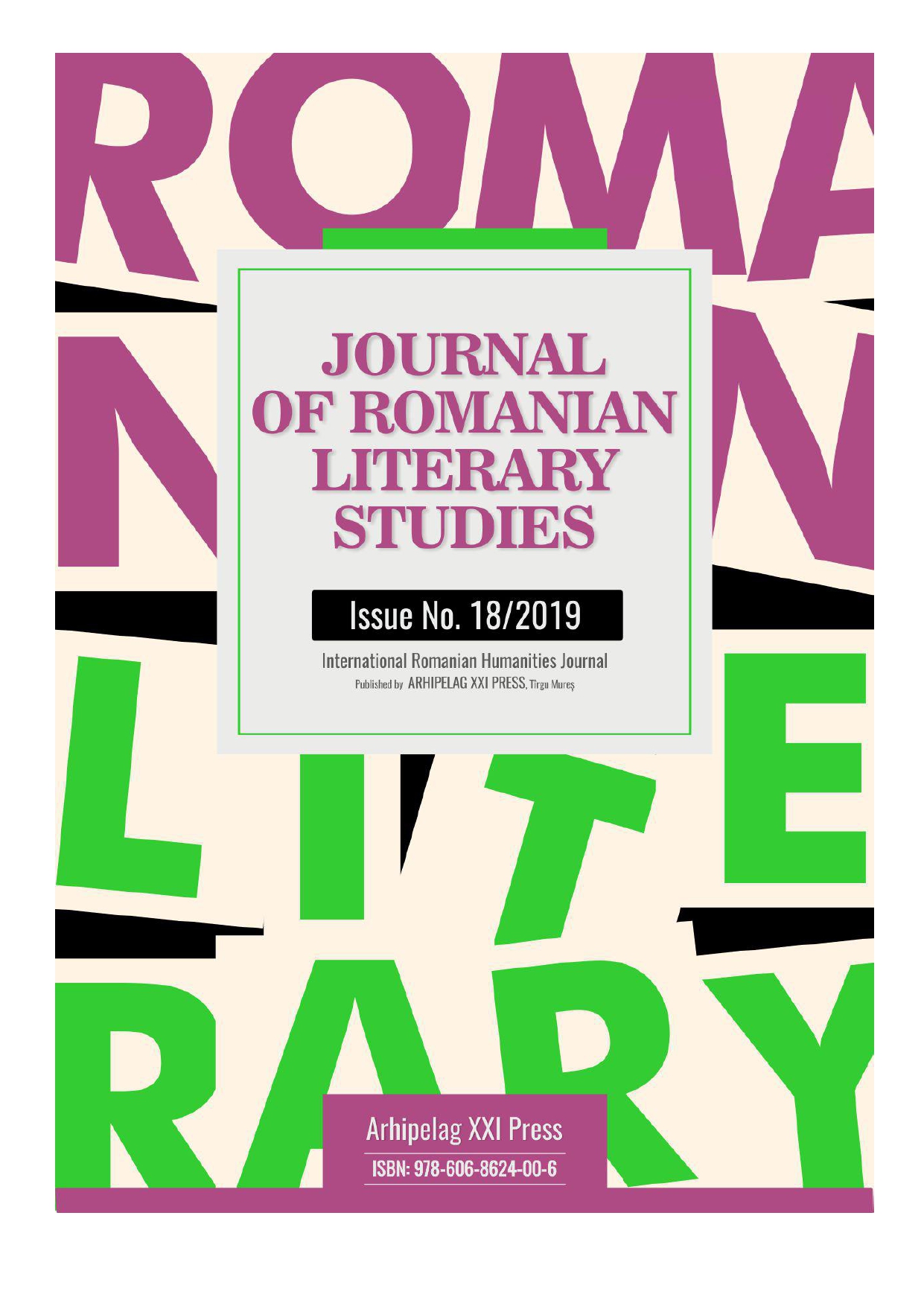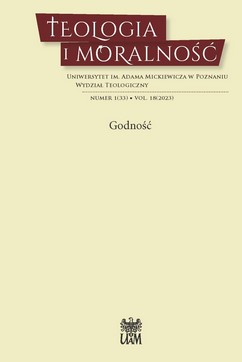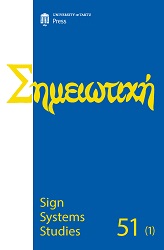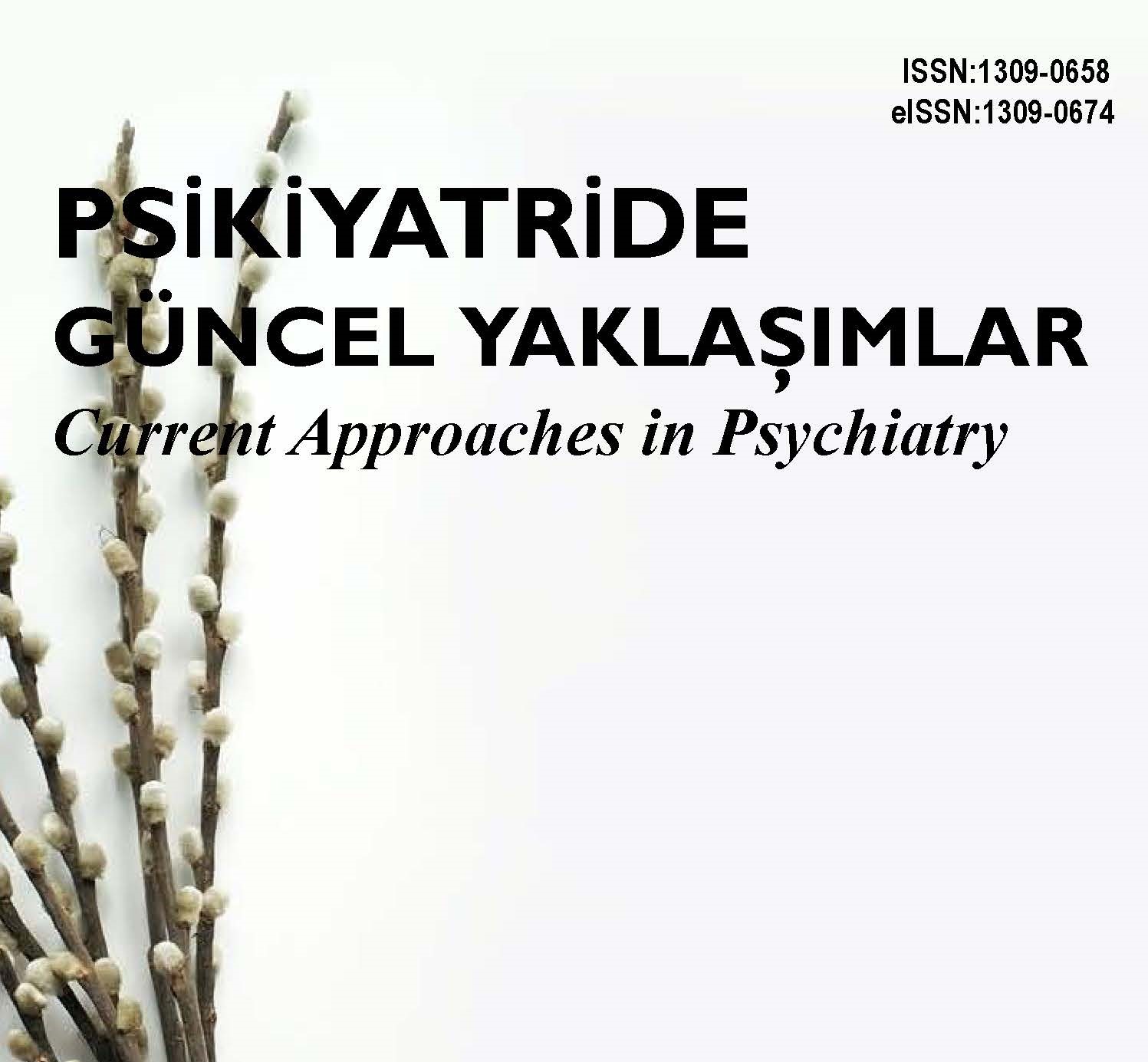
Covid-19 Pandemisinde, Travmatik Stres Belirtileri ve Ontolojik İyi Oluş Arasındaki İlişkide Anksiyetenin Aracı Rolü
The purpose of this study is to analyse the intermediary role of anxiety in the relationship between traumatic stress symptoms and ontological well-being in individuals who have been exposed to the Covid-19 pandemic. The study was conducted online with 355 participants. A Socio Demographic Data Questionnaire, the Traumatic Stress Symptom Scale, the State-Trait Anxiety Inventory and the Ontological Well-being Inventory were administered to participants. Most of the participants were between the ages of 18-25 (42%), female (76.9%), university graduates (43.4%) and single (53.5%). It has been found that as traumatic stress symptoms increase, the level of anxiety (state and trait) increases. Later, it was found that, as the level of traumatic stress symptoms and anxiety (state and continuous) increased, the level of ontological well-being decreased. In addition, anxiety was found to have an intermediary role in the relationship between post-traumatic stress disorder and ontological well-being. The Covid-19 pandemic was found to increase traumatic stress symptoms, anxiety levels and to have a negative influence on ontological well-being. therefore, it is important for the mental health of society to develop psychotherapeutic methods and psychosocial support practices for individuals who have been exposed to the covid-19 pandemic, especially for fragile risk groups, to help future social mental health.
More...
